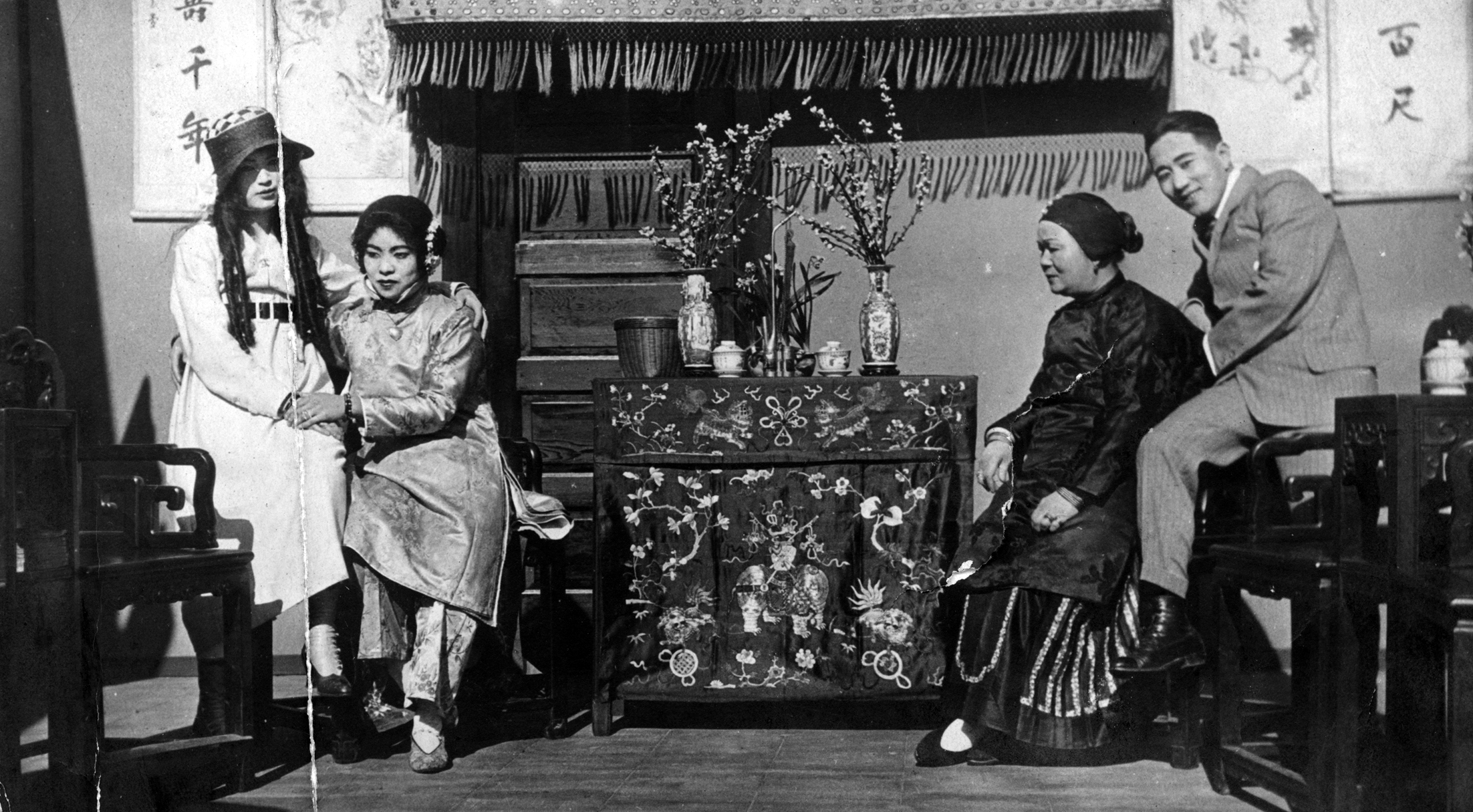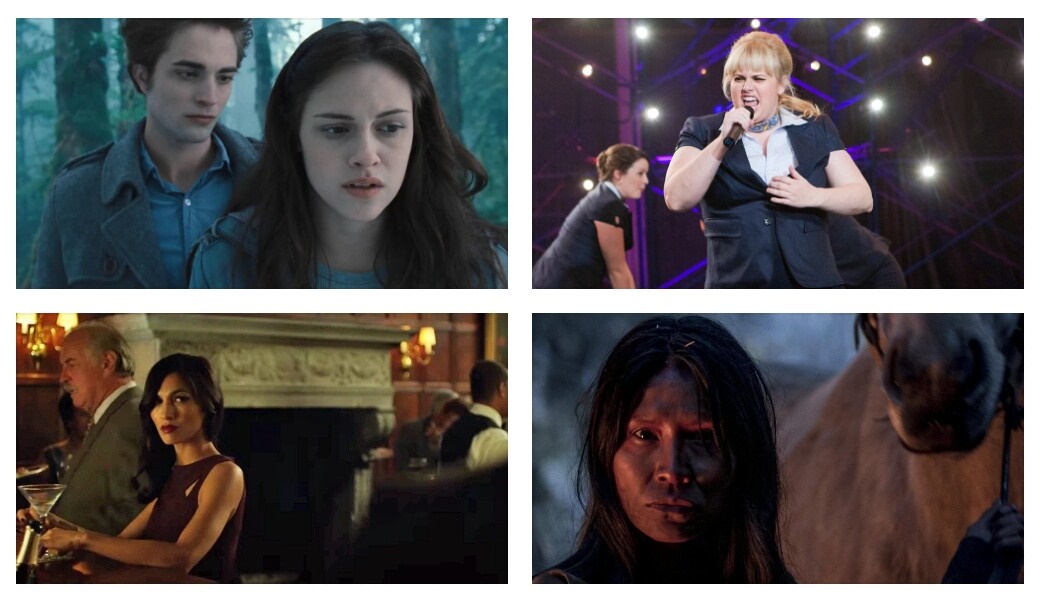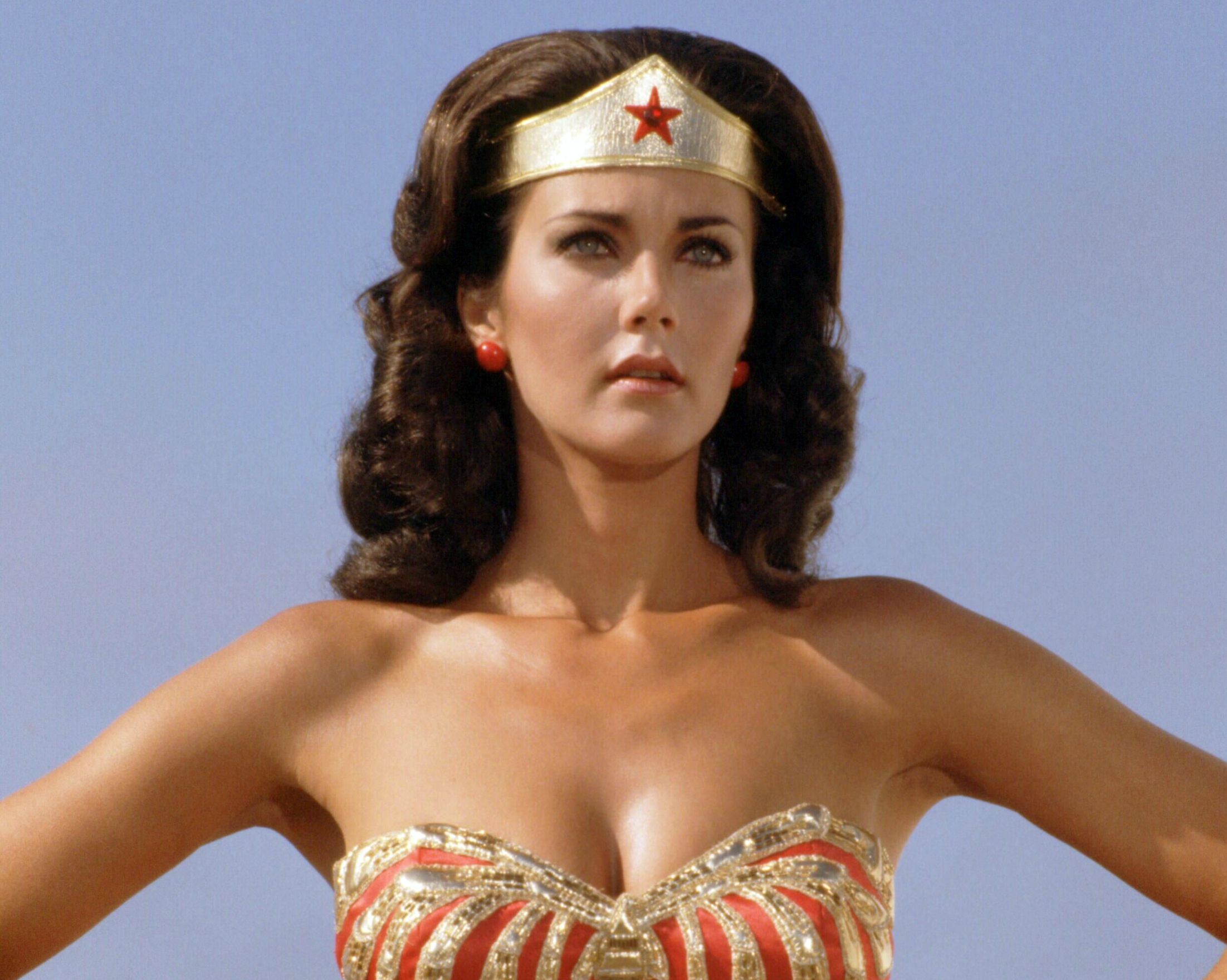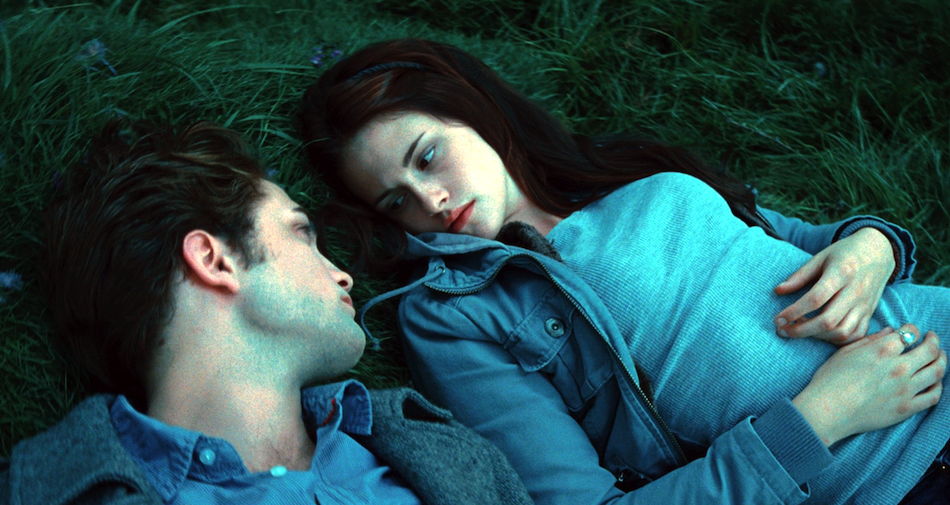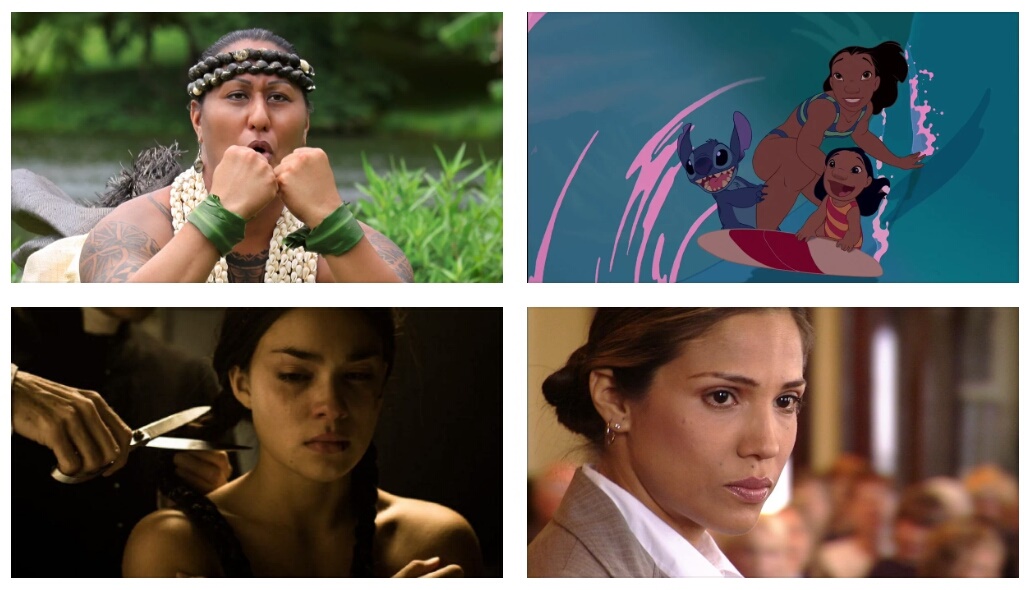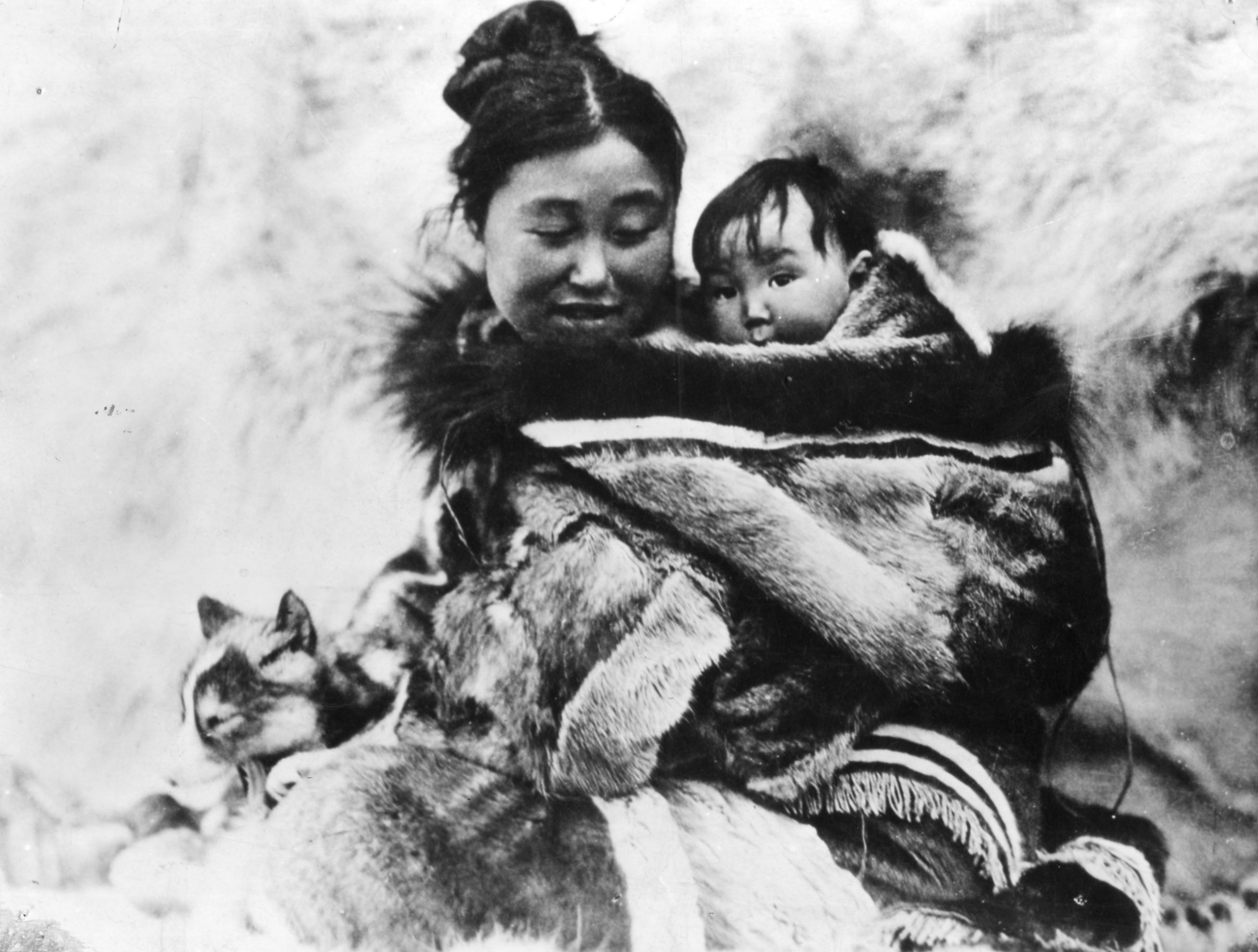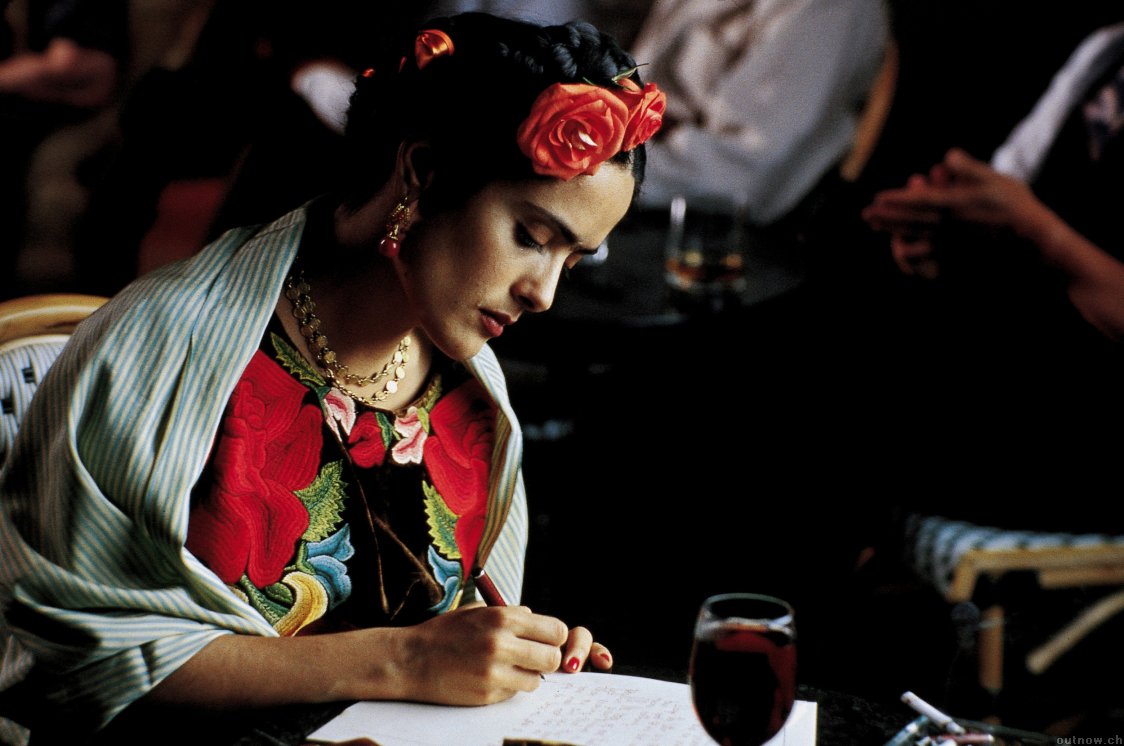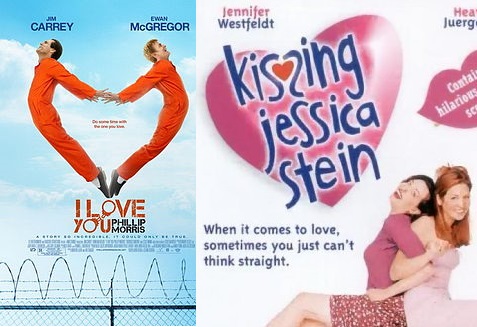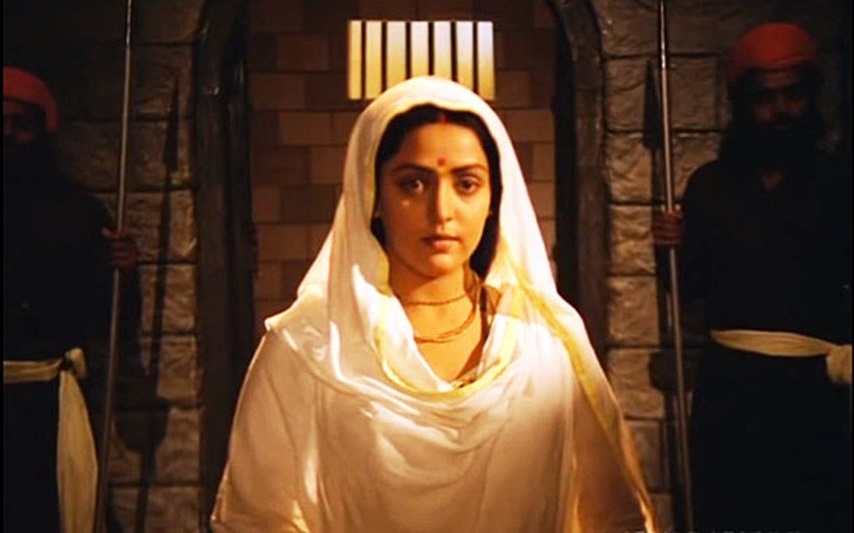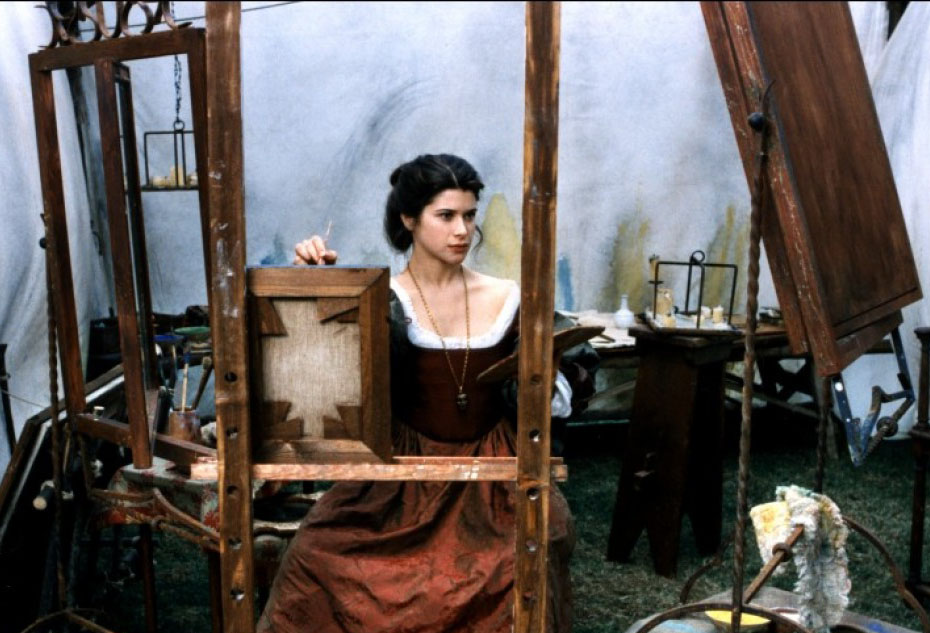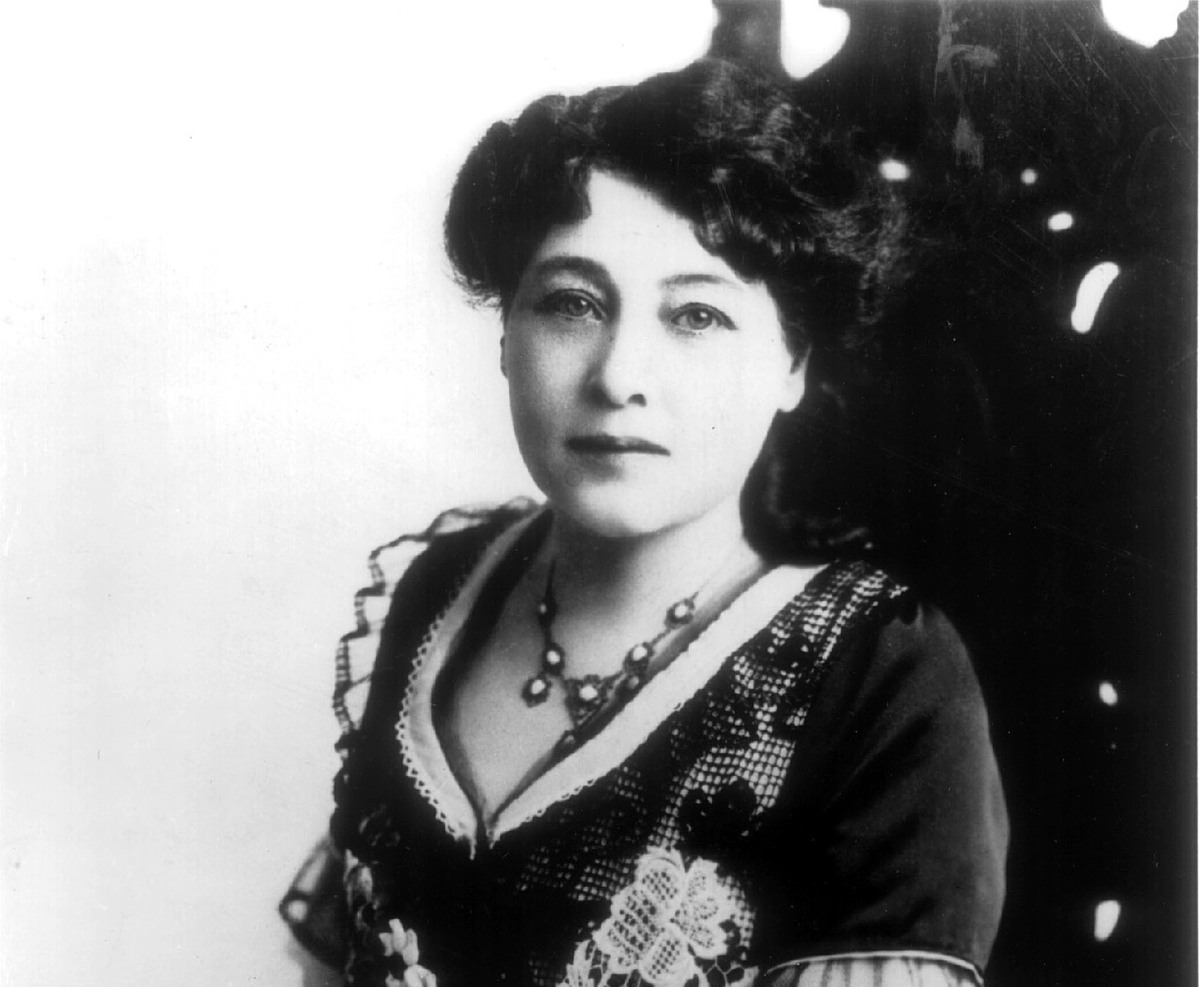My intent is not to claim that ‘Twilight’ is a perfect movie, but rather, I want to argue that it has more virtues than it is given credit for, and to point out that its dismissal is frequently based on pervasive sexist attitudes. I am not speaking for the other films in the series — all directed by men — but rather, the first film, which was written and directed by women (Melissa Rosenberg and Catherine Hardwicke, respectively), based on a novel written by a woman. There are many valid reasons why one may not enjoy ‘Twilight,’ but it is important to recognize that it is unfair and sexist to dismiss the film and its fans based on the fact that it is a romance told from a female perspective.
